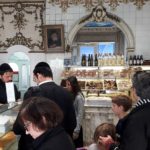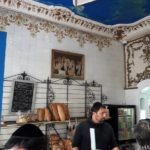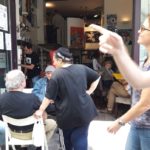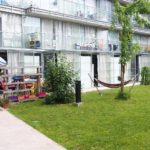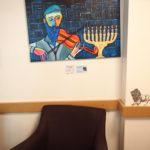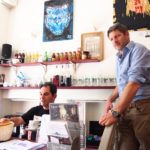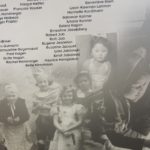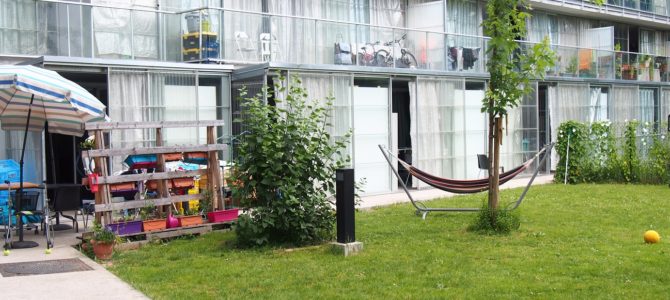
It seems the French social welfare system has no equal. We visited one of the oldest Jewish social support organizations, the OSE (Œuvre de Secours aux Enfants), whose origins extend back to St. Petersburg, Russia in 1912, when the Interior Ministry of the Russian Empire granted permission for the establishment of the OZE (Obshchestvo Zdravookhraneniya Evreev), the Jewish health-protection association. Russia was enveloped in heavy anti-Semitism at the time and pogroms were frequent. The granting of permission for the organization coincided in time with the beginning of the movement for Jewish cultural autonomy. The main goal of OZE was to establish a modern social welfare and health-care system for Jews for whom medical care was inaccessible in the Russian Empire. The organization established a branch in France in 1933.
During the Nazi occupation Jewish children were ruthlessly murdered. Various ways to save them were found, either sending them out of the country, or hiding them. One of the more active players in rescuing Jewish children was the Œuvre de Secours aux Enfants organization, or OSE, who saved hundreds of children.
Raphael Center
Once there lived a devout rabbi, an Orthodox Jew with a beard from a special religious community. He had a disabled child. Everyone told him, God gave you a child, you must thank Him. “No,” the rabbi said, “What sort of Jew agrees with what he’s told!” And went to the synagogue, and said: “We have nothing. Whoever can help disabled children, please help me.” And that’s how a collection began. The first supporters were families with disabled children and later grants from the state were received. The disabled children grew up, and had to leave the center, so help had to be found for adults. That’s when a day therapy center was established for disabled adults, the Raphael Center.
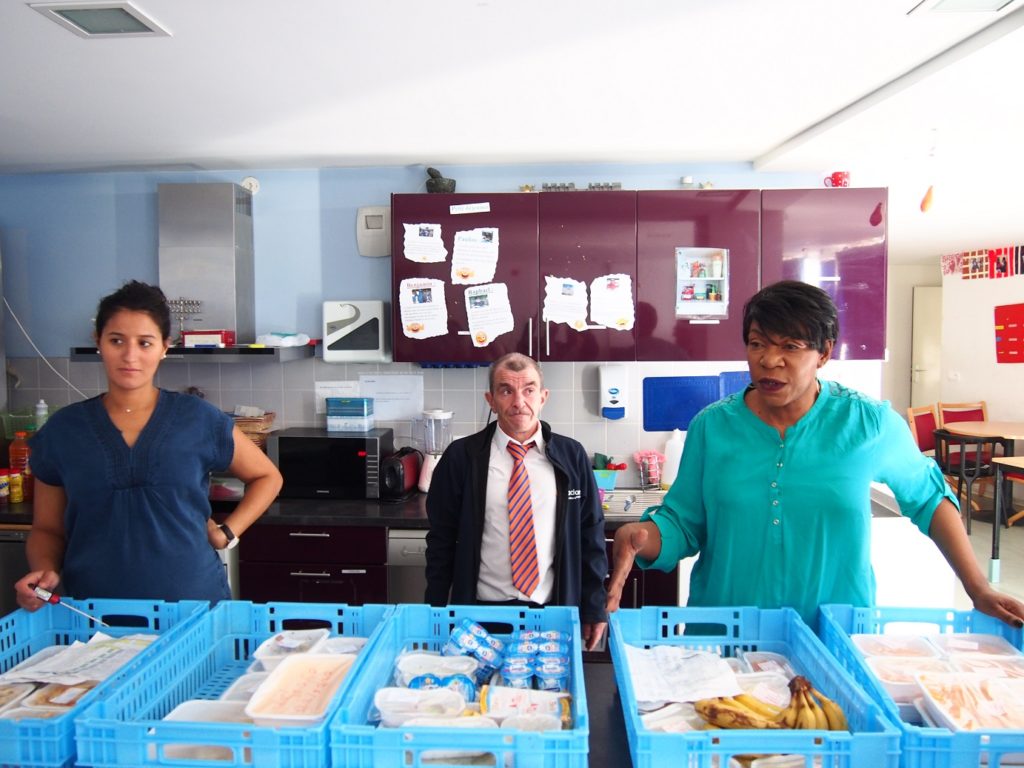
Fresh kosher food for lunch.
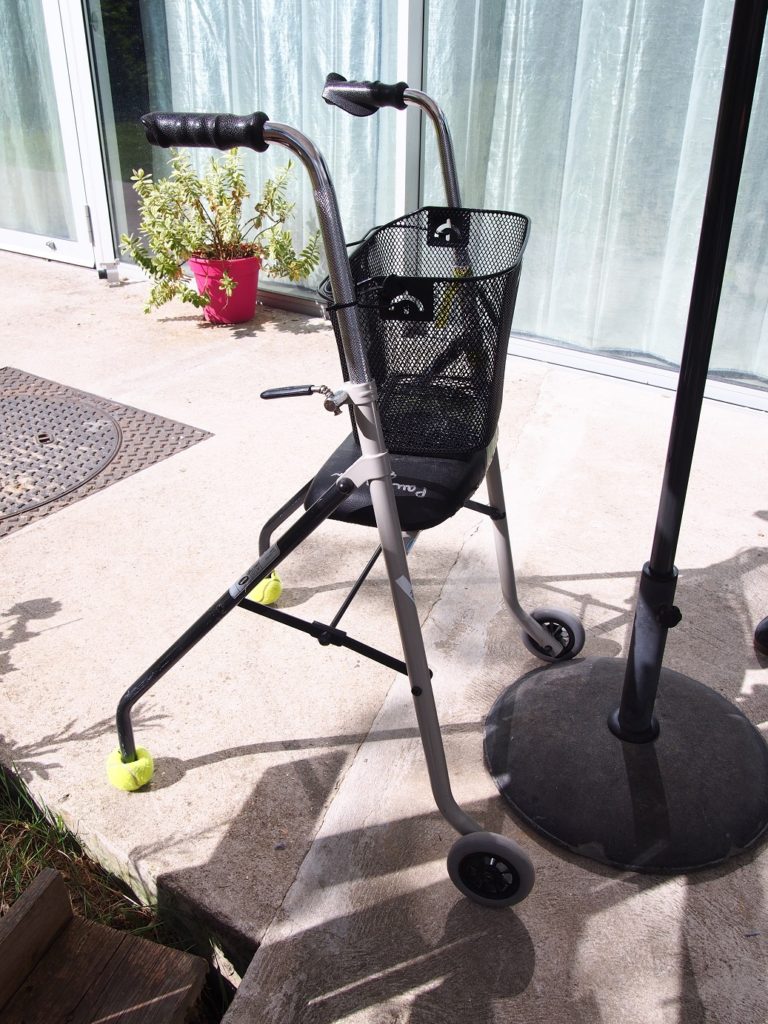
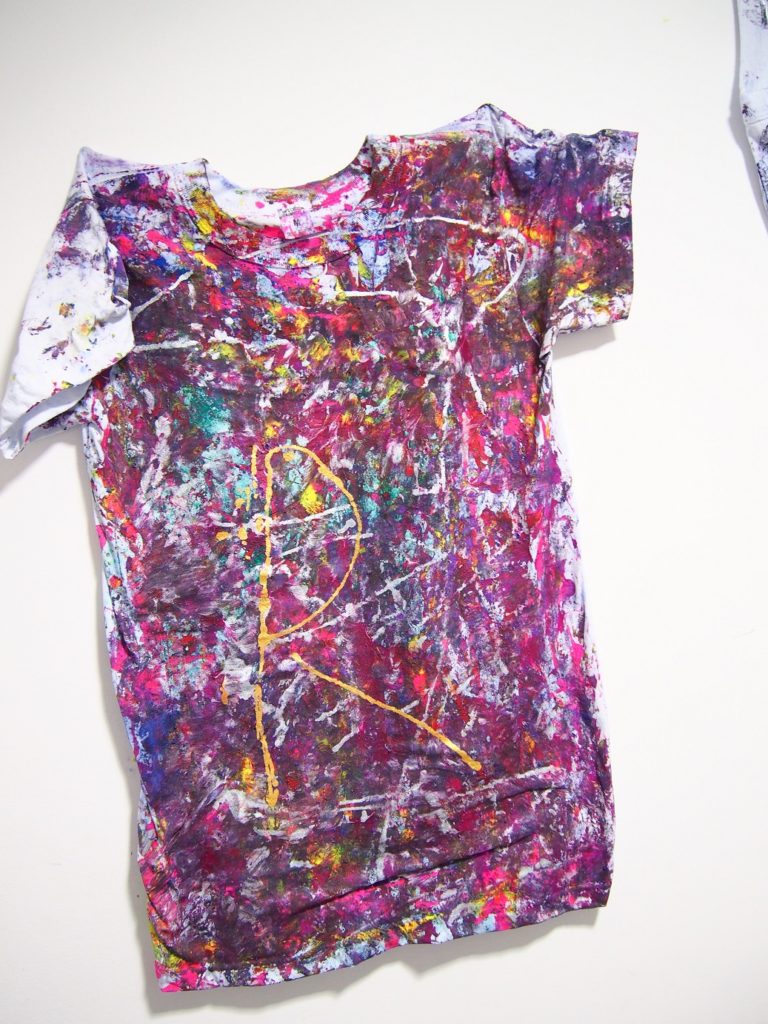
Examples of work by residents
Currently eleven young people with Down’s syndrome live in the “therapeutic flat.” The syndrome is characterized by mental retardation and learning disabilities as well as disturbed or delayed physical growth. The residents have constant, 24-hour-day supervision by medical staff and social workers. They receive kosher food in the kitchen. Some of the young people are here temporarily while other members of their families are away.
The apartment was purchased by an Israeli woman who was inspired by the kibbutz spirit. The entire space is given over to the residents with only a small office for doctor-patient encounters. The residents have separate rooms, a bathroom and other facilities and music is a constant companion in the apartment.
The apartment opened two years ago. The vision of the former director was for each resident to have one caretaker, but this isn’t an easy thing to achieve in practice. During the night one specialist supervises everyone.
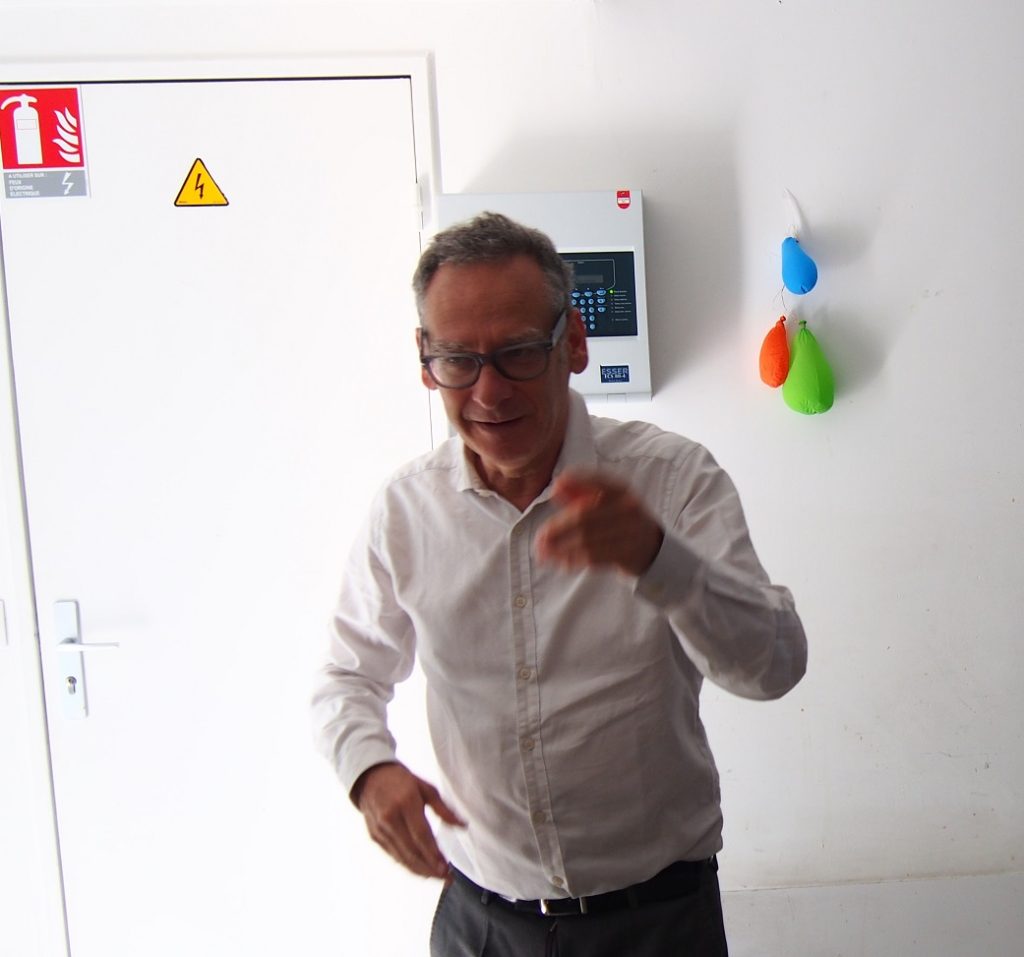
“If we didn’t take care of them, they would survive, but it would be much more difficult for their families…”
The entire ideological foundation of OSE is providing care, real care.
The psychotherapist from Poland there pointed out that in French “malady” is said the same way as bad or evil, “mal.”
OSE Children
During the war OSE provided aid to children and adults hidden in 15 towns and camps in southern France. They looked after about 1,300 children, many of them orphans, some with parents elsewhere. From May of 1941 until 1942 about 350 of these children were sent to the United States. When the Nazis began taking over southern France, OSE went underground and continued rescuing and caring for children, and sending them to Switzerland. OSE saved more than 5,000 children in total.
OSE began providing care to the elderly around 1990 when the “OSE children” began to grow old. The Edith Kremsdorf and Joseph Weill day centers located in the heart of Paris specialize in caring for people with geriatric diseases, such as Alzheimer’s.
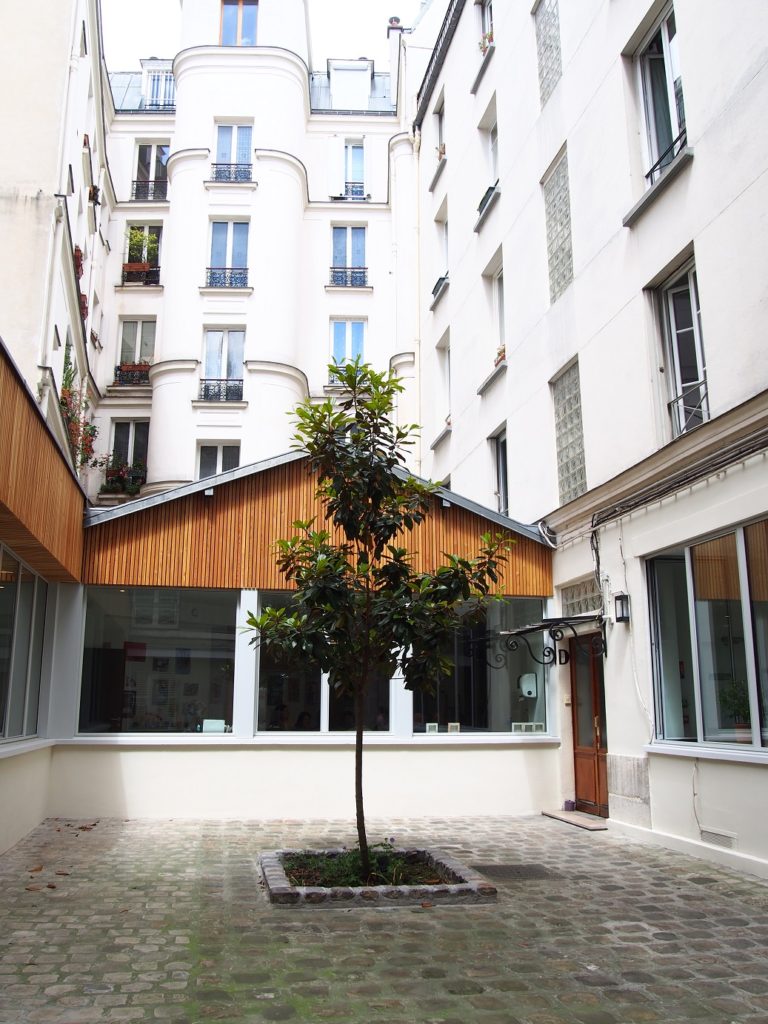
The first day center in Paris. Up to 25 groups of elderly people visit here daily. They spend time together, have activities and have kosher lunch. One senses every day is a holiday here, and they are happy and dignified in their old age.
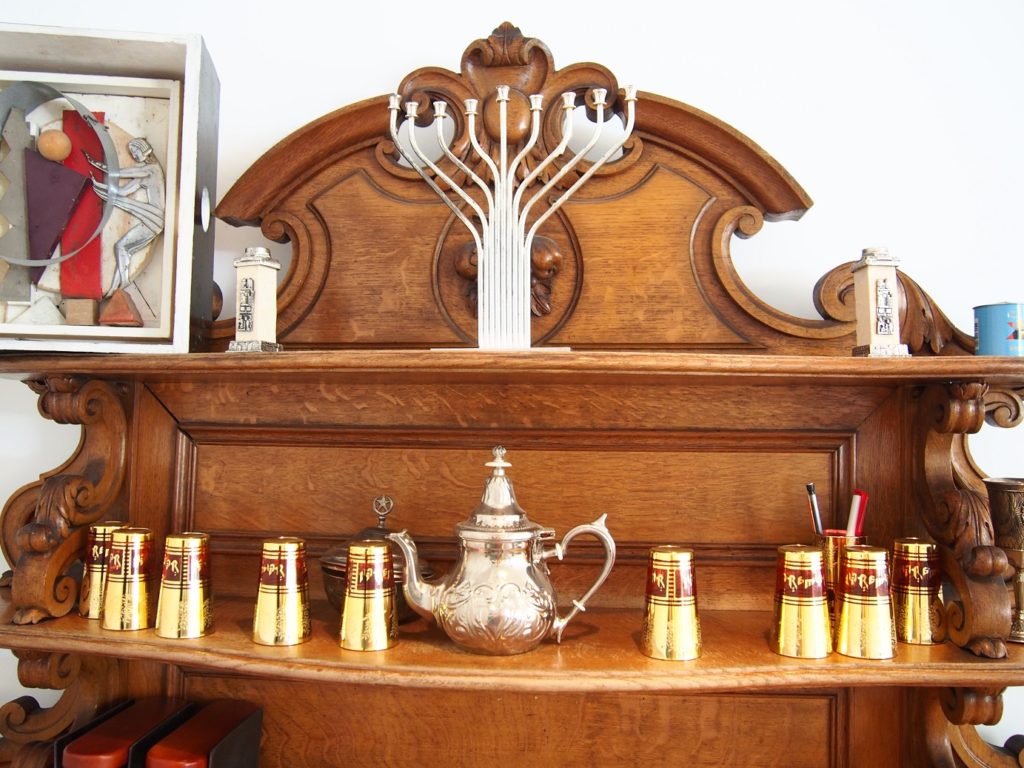
A corner of the kosher kitchen at the day center.
Café des Psaumes
The Café des Psaumes [Psalms Café] is located on the Rue de Rosiers in Paris and is the first non-profit French Jewish café. Seniors often feel isolated in city communities, have problems getting around and often find themselves dependent on others. The café is an important venue for meeting others and practicing social skills, and focuses on specific medical, psychological and social support services. It is also a renowned cultural and intellectual center in the historic Jewish quarter of Paris. In cooperation with the local Jewish communities, OSE created a “lively café” and everyone feels the spirit. The café often hosts concerts and events and is always filled with good conversation. We met Parisian Jews there with Litvak roots in Kaunas.
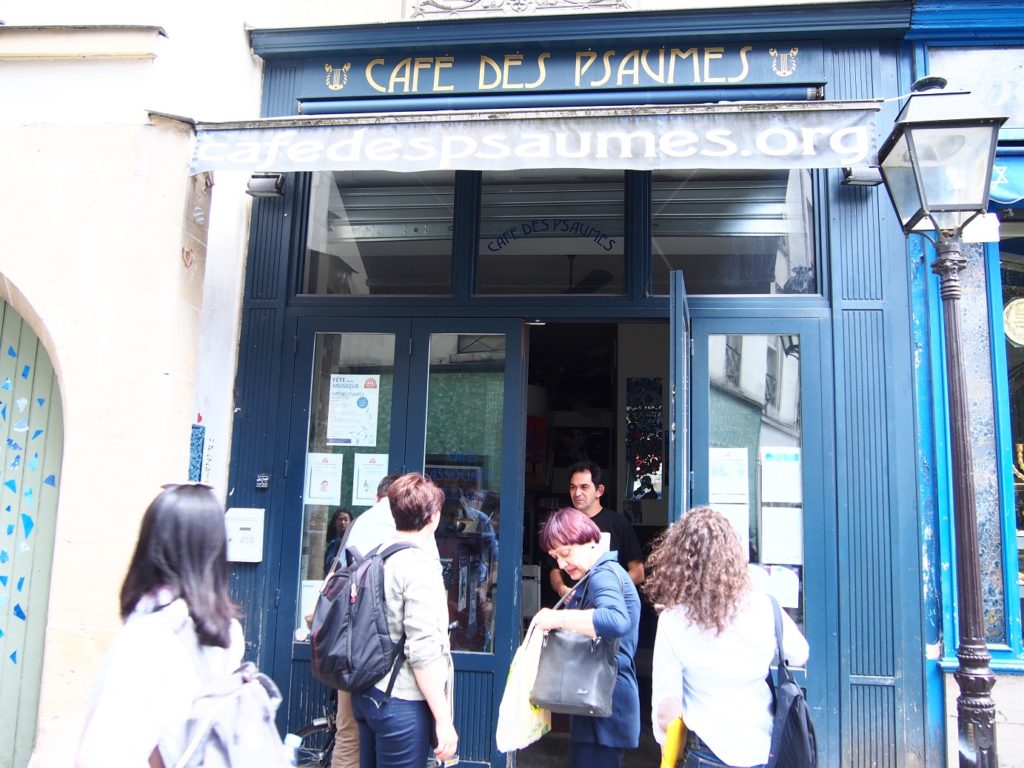
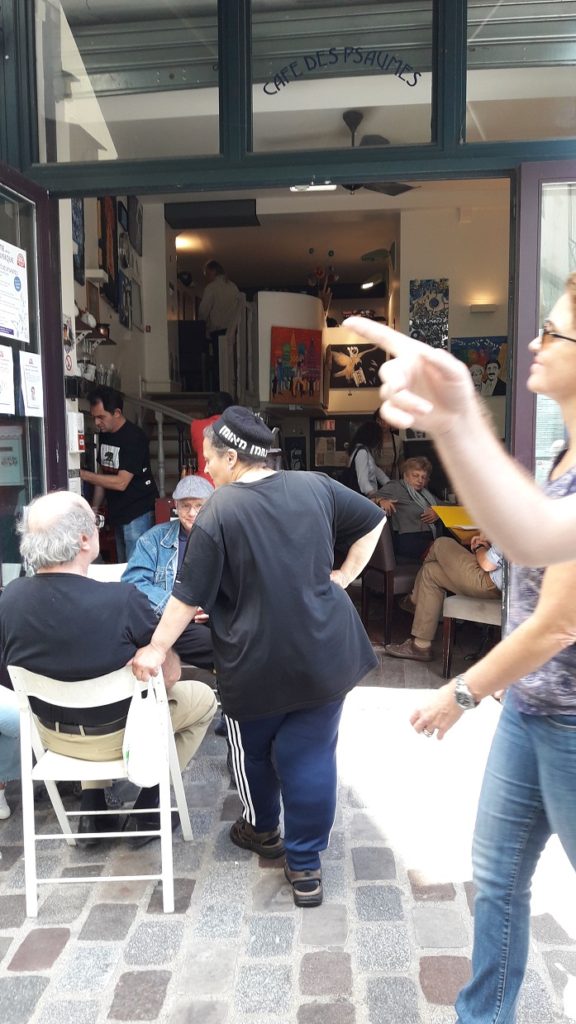
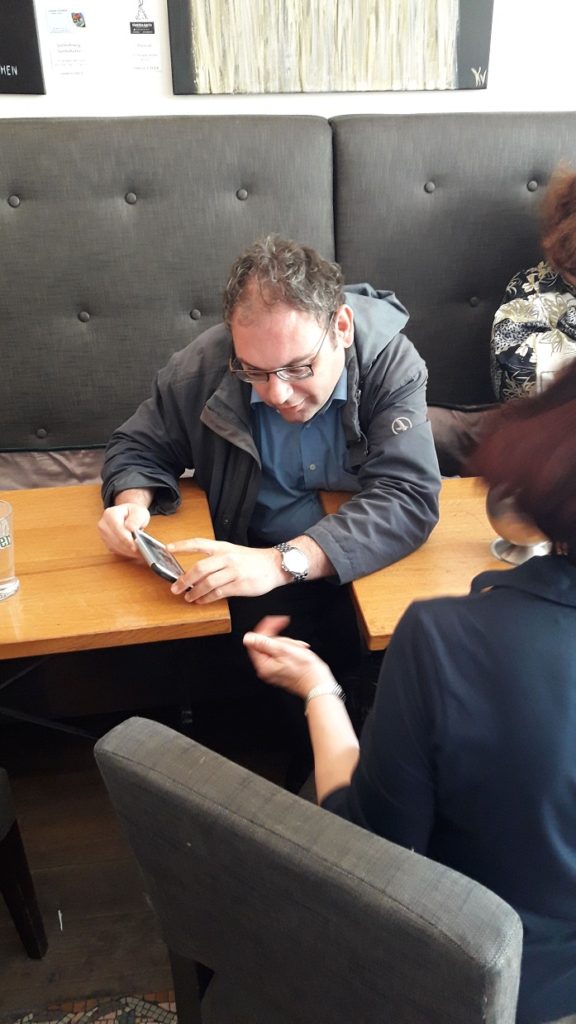
In 2017 OSE began accepting interns and students in France. It is one of the strongest and most experienced organizations providing care to the elderly. Their main clientèle are French Jews and other French citizens. With support from the ERASMUS + program, ten center staff are now training with colleagues in Germany, France and Poland with a vast amount of expertise, learning how to expand their services network for the elderly and how to provide better services.



